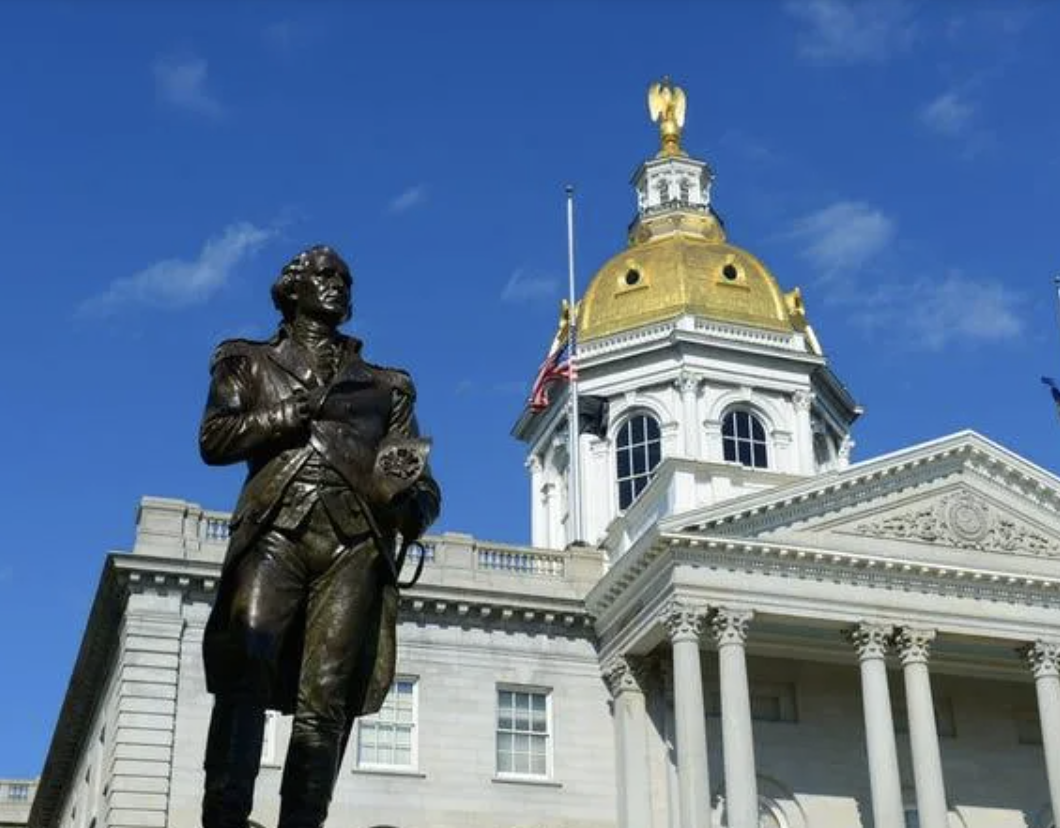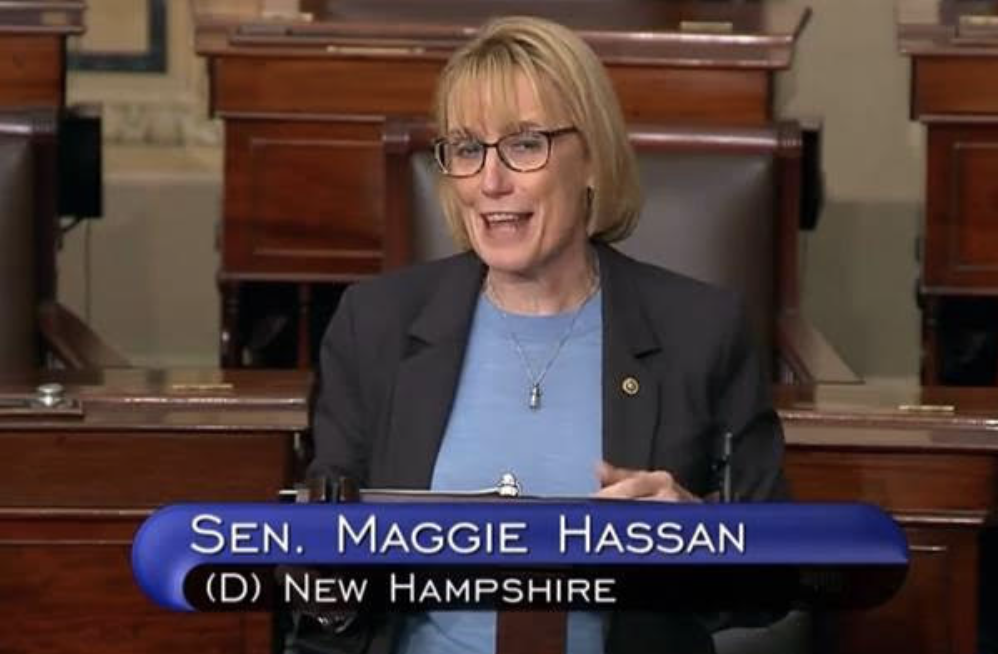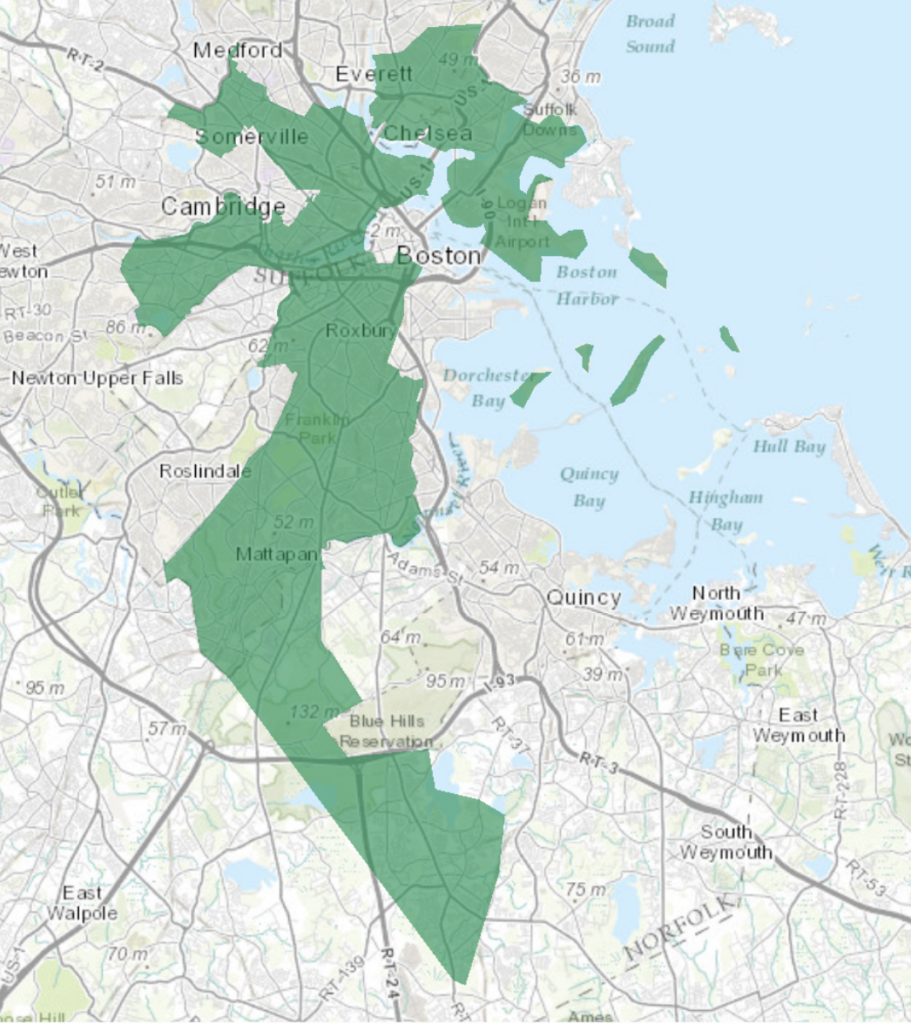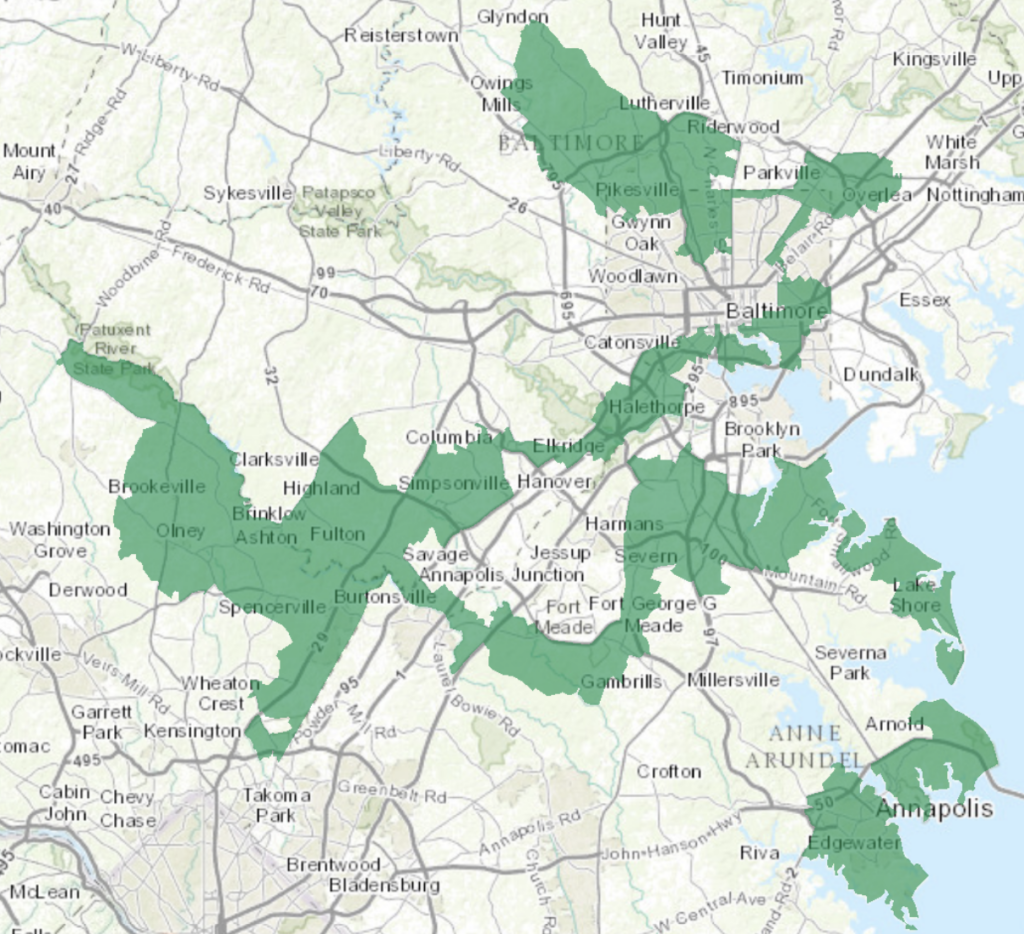In DC, Dems Go Maskless to SOTU. In Concord, NHDems Go to Court to Fight Return to House

On Monday, House Minority Leader Renny Cushing (D-Hampton) asked a federal court to rush a ruling on House Democrats’ lawsuit to block a return to regular session in the State House chamber.
On Tuesday, Democrats crowded into Congress, maskless, to cheer on President Biden’s State of the Union speech.
Granite State Republicans took note.
“I saw a headline this morning that the [U.S.] Capitol’s attending physician notified Congress that masks are no longer required ahead of Biden’s State of the Union address,” New Hampshire Speaker of the House Sherm Packard (R-Londonderry) told New Hampshire Journal Tuesday afternoon. “So we’re talking about putting hundreds of people — members of Congress, Supreme Court justices, cabinet officials, and all the guests — packing them all into a room together, and Democrats say that’s all right. But we can’t go back to the [N.H. House] chamber?
“The Democrats keep saying ‘listen to the science.’ Well, we’re the ones listening to the science and the latest CDC guidelines. They aren’t,” Packard added.
The House Democrats’ lawsuit seeks remote options for legislators unwilling to return to in-person work. Since the start of the pandemic, House members have met in sports complexes, the University of New Hampshire and the convention center at the Manchester DoubleTree by Hilton.
Lawyers representing Cushing filed a motion on Monday in the First Circuit Court of Appeals in Boston seeking an expedited ruling in Cushing’s lawsuit against Packard. Cushing wants legislators to be able to log on for the House session remotely. Packard has rejected this request and, thus far, has prevailed.
The appeal was heard in the federal appeals court in September, and no ruling has yet been made. Since September, however, Gov. Chis Sununu has effectively called for an end to pandemic restrictions, and the Centers for Disease Controls have adjusted the masking requirements.
The New Hampshire House is now set for its first session in Representatives Hall on March 10, the first time that House members have gathered in Concord since the start of the pandemic.
Cushing wants the federal appeals court to issue a ruling before the state of the session on March 10, claiming members have been risking their health for months because of Packard’s refusal to allow remote access to lawmakers.
“Some of the Plaintiffs have chosen to risk death by attending committee meetings and House sessions. Others have heeded the advice of the CDC and their doctors and chosen to not spend hours inside with unmasked, unvaccinated people. None of the Plaintiffs should have ever had to make a choice between the risk of death and their duty to their constituents. None of them should have to expose themselves to the extraordinarily dangerous conditions in Representatives Hall,” the motions filed Monday states.
Cushing did not respond to a request for comment on Tuesday. Packard has said the return to Representatives Hall in Concord will not be a problem.
“We have managed smartly throughout the pandemic with many risk-mitigation measures in place to ensure the people’s business continues to get done,” Packard said. “We’re now in a different phase of the pandemic, and without some return to normalcy, we risk long-lasting damage to this historic institution and its traditions.”
According to Cushing, holding the session in the State House will mean many members of the legislature will not be able to take part due to health concerns, and their constituents will be denied their representation. This despite a year of widely-available vaccinations and boosters, in a state with one of the lowest rates of hospitalization and death in the nation.
“You’d think, with the Biden White House and the Congress going maskless and the CDC’s new guidance, that Democrats would be ready to move on,” Packard said. “Because it’s time. It’s time to get back to the normal way of doing things. It’s been two years. We can’t be cowering in a corner and afraid of going out and doing anything. We’ve got to get back to normal life.”




 Democrats responded to this modest display of candor with outrage.
Democrats responded to this modest display of candor with outrage.



